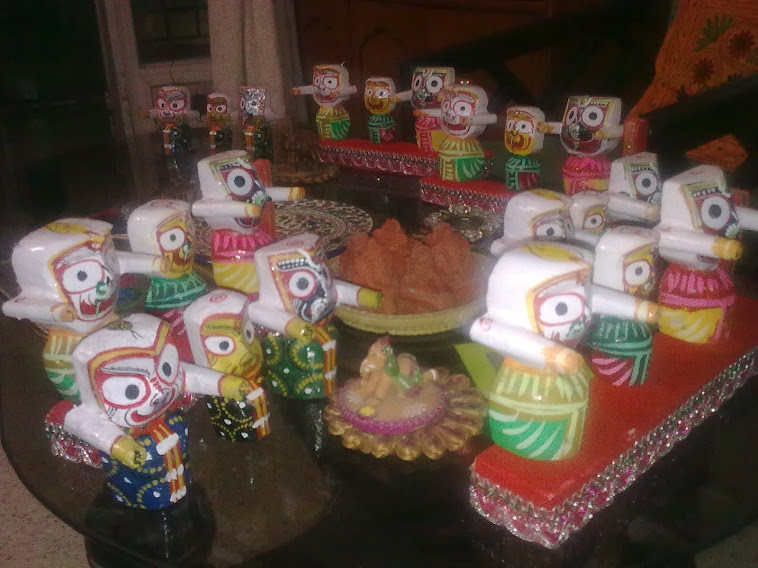
ISBN 9789382616115 Author, Shahrukh Husain, Publisher Pan Macmillan India, Pp 360, Rs 499/-
A Restless Wind piques the reader’s interest from the very beginning with fine details and a strong and engaging protagonist. However, a restless wind blows through the closing chapters, leaving a heap of tangled threads. Hana, the ailing matriarch of the Ramzi clan of Muslim gurus to the Hindu rulers of Trivikrampur in Gujarat, knows her end is near. She needs to clear up what she can and rectify mistakes of the past before 21st-century sectarian violence ruins the age-old communal harmony of her beloved Trivikrampur. She chooses to reveal these stories she should have told long ago to her dear niece Zara, whom she summons to their family home in Qila....
The theme of communal prejudices runs through the novel, and the author explores its many aspects in a balanced manner. The opening pages introduce us to the demon of communal violence in present-day India. The armies of dispossessed, who flee for safety across boundaries of sea and land, are Zara’s clients who seek asylum in Britain. The author balances this with specific acts of goodness. Zara’s client, Parveen’s family, is massacred by communal forces in Gujarat.
Yet a Hindu auto driver guides her to safety. Other good Hindus rescue Parveen after she is raped and brutalised. Hindus like the “Swami guy” help Muslim victims of communal violence, and themselves end up as “fucking asylum seekers in the UK,” with no housing, no NASS allowance and a dog’s life. Zara sees racial and cultural prejudices everywhere among the British as well, with “hooligans chanting racist and misogynist obscenities.” Zara comes home to Quila to find its walls charred by arsonists protesting against “the Ramzi-Vamana bond and the blurring of religious boundaries,” dating back to the legends of the Green-clad Man, who founded the Ramzi clan.
The first half of the novel leads us to expect further exploration of the inner life of Zara and other major characters and the intricate dynamics of communal harmony and disharmony in India. However, the latter half of the novel overwhelms with a profusion of new characters and sub-plots. Hana dies before revealing her secrets to Zara, who resolves to uncover them on her own. We are rapidly introduced to Zara’s cousin Saif, the spiritual head of the Ramzi clan, his wife the peevish and suspicious Pebbles, their mentally-challenged daughter Sharmeen and her cousin and lover Kamran.
Things happen so fast, that we do not learn enough of their true feelings. We are told, for example, that Pebbles and Saif are deeply in love. Yet Pebbles plans a shopping spree for her daughter’s trousseau just after his sudden death. Did Aunty Hana really alienate Zara from her mother, while professing to love her? Dilkash’s demented narration of Nyla’s past is one example of too obvious and expedient a plot device.
Too many things involving too many people happen simultaneously in the latter half of the novel. Each of these many subplots is potential Bollywood material. As things stand however, they give the impression of outlines rather than fully fleshed out characters and their stories. There are mysteries galore with Sita Devi and her strained relations with Hana, who were formerly like sisters. Sita Devi hints that her son Jay and Zara may share the same father, making Zara cool off toward her former lover.
In sum, this book begins on an interesting and exciting note, but towards the latter half, the multiple characters and their stories get entangled into a confused heap. There are passages of fine writing and character delineations, but the momentum and focus gets diffused toward the end.
My detailed review is published in Sunday Herald

